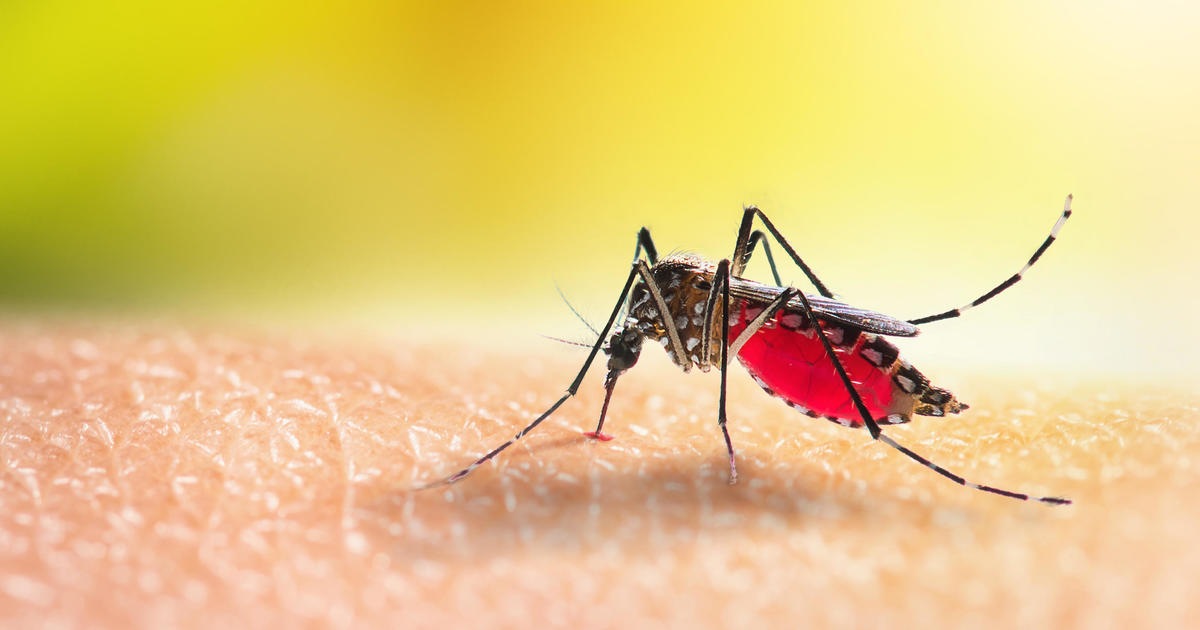Study Shows We're Not Getting Enough Sleep
MINNEAPOLIS (WCCO) -- This week is Sleep Awareness Week. More and more, we hear about studies that show sleep is essential to our mental and physical health. The problem? Most of us aren't getting enough.
Unfortunately, not getting enough sleep can cause more problems than just feeling tired the next day. This month's "Experience Life" magazine dives into some of the dangerous things that can happen to our minds and bodies when we skimp on the sleep.
"Sleep is one of the most under-appreciated elements of health and fitness," says Pilar Gerasimo, editor-in-chief of Experience Life Magazine. "Increasingly, there's this body of research that just keeps growing that shows us that sleep is essential not just to our general health or mood, but to our immunity, hormonal balance, metabolism and ability to think clearly during the day. It's also when our body does most of its repair work. Sleep replenishes a lot of the chemicals and hormones that we need to function normally."
Pilar says that when you're operating on less sleep than you should, you operate like you're drunk. People tend to get in more accidents and make bigger mistakes at work.
"If your body isn't repairing the damage that you do during the course of the day, you have this accumulated damage and delayed maintenance that sets you up for all sorts of problems," says Pilar.
The article outlines some of those, like hair loss, vision and hearing problems and cravings.
"If you miss out on a couple hours of sleep, you'll notice the next day that you get more carb cravings or just more cravings in general. And that's just one of the reasons put on weight. It also slows your metabolism."
So weight-wise, it's a double whammy.
Pilar says that most people require seven-and-a-half to eight hours of sleep per night, and if you think you need less, you may be kidding yourself.
"If you start looking at folks over time who are playing that sleep game with themselves, you'll start to see the net effect on their face," Pilar said. "Their skin is less radiant, and their eyes sparkle a little less."
Not sleeping well once in bed? There's a new trend toward technologies to help you track and manage your sleep like the Zeo. You wear it on your forehead, and the device stores information on how deep you sleep.
"Many of the recommendations for good sleep like sleeping in a cool room, not eating or drinking too close to bedtime, not doing a lot of alcohol. Consumers are finding themselves interested in seeing how making adjustments improves their sleep," Pilar said.
The Zeo costs $99. Pilar says you can't make up for a whole week's worth of bad sleep in one weekend. Getting 16 hours of sleep in one night isn't going to do you as much good as getting a little more each night.
Another option: naps. She says that you can replenish your sleep with naps and that's more helpful



